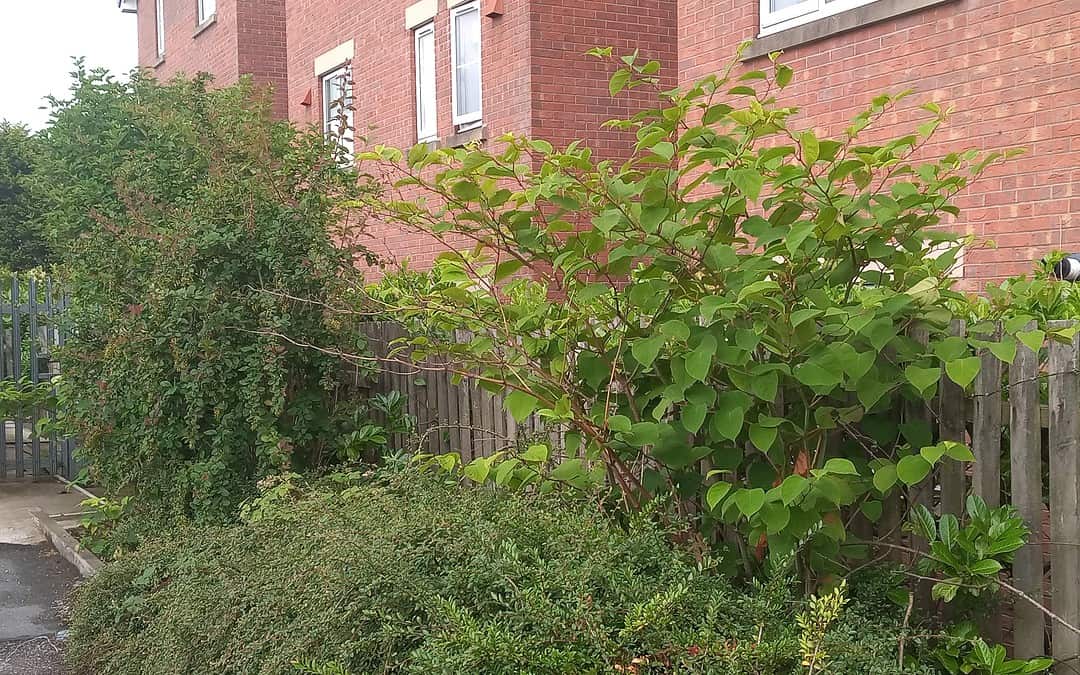Japanese Knotweed Law
Learn about the UK law on Japanese knotweed, including the Wildlife and Countryside Act 1981, Anti-social Behaviour, Crime and Policing Act 2014, Environmental Protection Act 1990, Highways Act 1980 and Town and Country Planning Act 1990. Property owners have a responsibility to control the spread of this invasive species
In the UK, the control and management of Japanese knotweed is governed by several laws and regulations:
- Wildlife and Countryside Act 1981: This act makes it illegal to plant or cause Japanese knotweed to grow in the wild.
- Anti-social Behaviour, Crime and Policing Act 2014: This act gives powers to local authorities to take action against Japanese knotweed growing on private land if it is causing a nuisance to the community.
- The Environmental Protection Act 1990: This act requires property owners to take action to prevent the spread of Japanese knotweed and any other controlled waste from their land.
- The Highways Act 1980: This act requires highways authorities to take action to control Japanese knotweed growing on or near highways.
- The Town and Country Planning Act 1990: This act requires local authorities to have regard to the presence of Japanese knotweed when considering planning applications.
- Property Law: Japanese knotweed is a significant concern in property transactions due to its potential to cause structural damage. Property owners are obligated to disclose the presence of Japanese knotweed on their property when selling or renting it out. Failure to disclose may lead to legal action by the buyer or tenant.
- Royal Institution of Chartered Surveyors (RICS) Guidelines: RICS has published guidelines for dealing with Japanese knotweed in property transactions. These guidelines provide recommendations for surveyors and property professionals on assessing and managing the presence of Japanese knotweed.
It’s worth noting that the law surrounding Japanese knotweed can be complex, and legal advice should be sought in specific cases. Local authorities may have their own regulations and guidelines for dealing with Japanese knotweed in their area, so it’s advisable to check with them as well.
